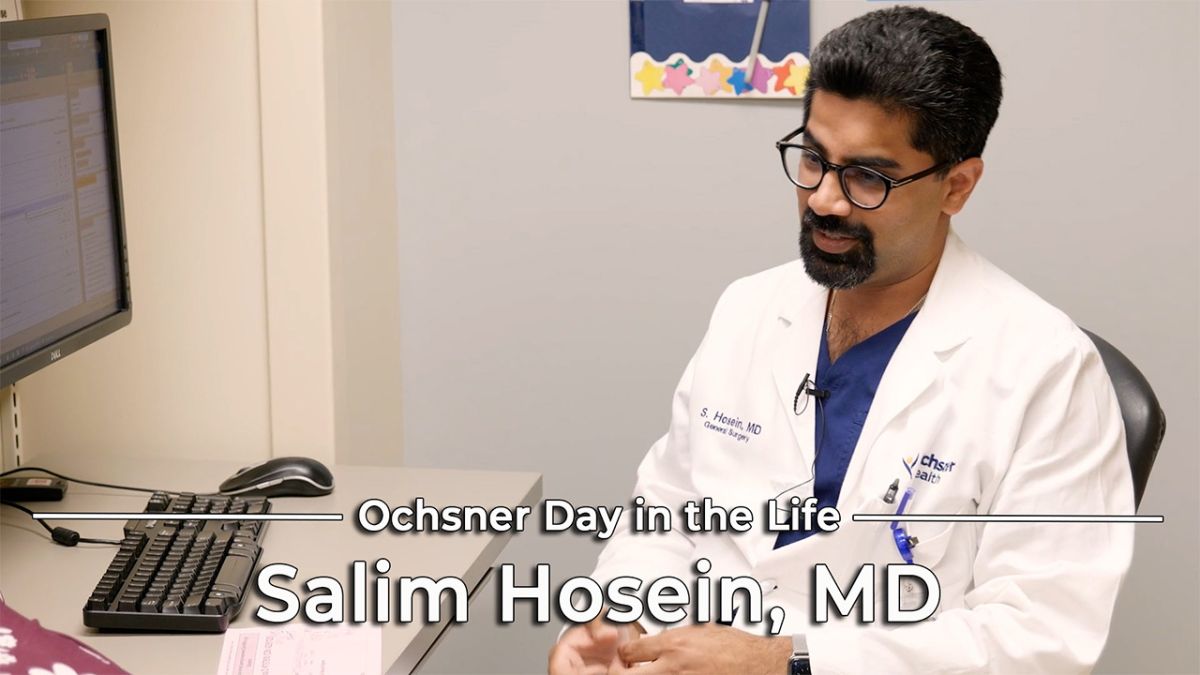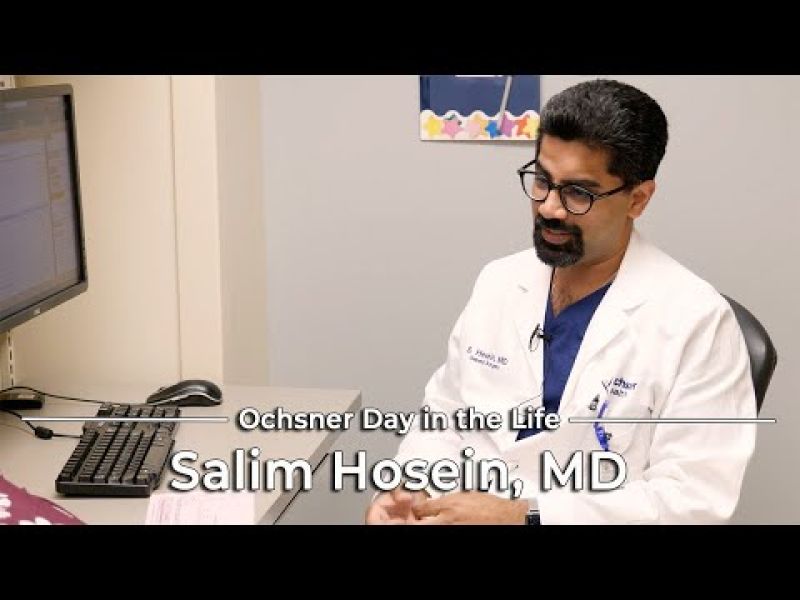Why choose Ochsner Health for your bariatric surgery care?
Ochsner bariatric surgeons perform weight loss surgeries for patients at convenient locations in New Orleans, Slidell and Lafayette, Louisiana. Ochsner’s bariatric care and surgery doctors and providers are trusted leaders in weight loss care. Our team includes several board-certified, fellowship-trained bariatric surgeons and many active American Society for Metabolic and Bariatric Surgery members, including some in leadership roles.
Our Ochsner Medical Center - New Orleans, Ochsner Lafayette General Surgical Hospital and Ochsner Medical Center - Northshore locations are accredited as Comprehensive Metabolic and Bariatric Surgery Centers by the American College of Surgeons and the Metabolic and Bariatric Surgery Accreditation and Quality Improvement Program. Ochsner Medical Center - New Orleans was the first in the nation to receive this accreditation.
Ochsner’s bariatric surgery services include a range of multidisciplinary support services before and after surgery. We follow our bariatric surgery patients for life to help each person reach their weight loss goals and be as healthy as possible. In addition to providing outstanding bariatric care, the Ochsner Bariatric Surgery Team collaborates with Ochsner primary care doctors and specialists to ensure strong communication and continuity of care.



















